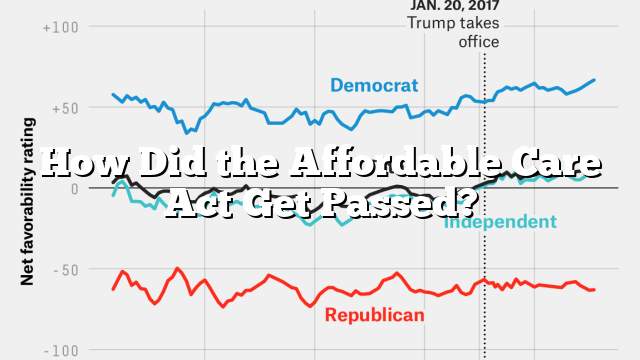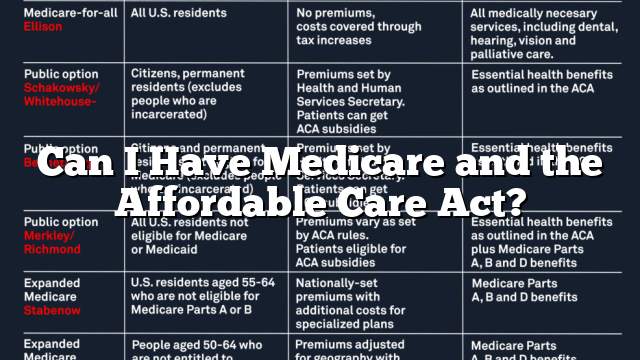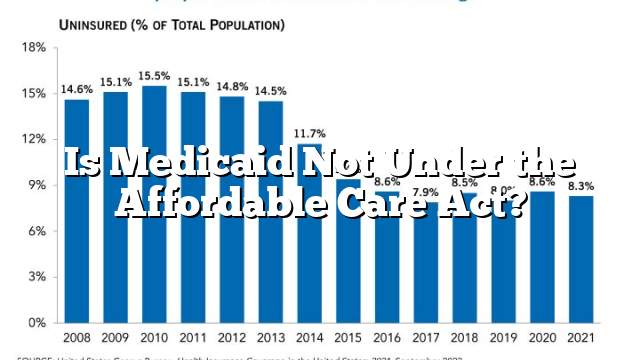

The Affordable Care Act, commonly referred to as Obamacare, has enabled greater access to health care by lowering the cost of coverage and prohibiting insurance companies from discriminating against people with pre-existing conditions.
Most states now provide a health insurance exchange where individuals and families can shop for coverage. These exchanges make health insurance more affordable by offering premium tax credits and cost-sharing reductions for lower income individuals.
New York
The Affordable Care Act established health insurance exchanges, where people can shop for affordable health plans. In New York State of Health, this government-run exchange is known as NY State of Health.
Health insurance can be more accessible for low-income families through premium tax credits, cost sharing reductions and Medicaid. These options may help make health insurance more accessible.
Insurers offer a selection of plans to choose from, with prices varying based on your income level, family size and other factors.
The cost of medical care continues to rise, making it more essential than ever for families and small businesses to have health insurance. Accessible affordable coverage is essential for everyone – families, individuals, and small businesses alike.
California
The 2010 Affordable Care Act, also referred to as “Obamacare,” was created with one goal in mind: making health insurance more accessible and affordable for Americans. To do this, the law established health insurance marketplaces or “exchanges,” which enable people to find and purchase coverage if they do not already have it.
The Affordable Care Act (ACA) has revolutionized America’s health care system and enabled millions of Americans to get medical coverage. For instance, it removed annual and lifetime limits on essential health benefits (EHBs), meaning people can have more coverage at lower costs. Furthermore, insurers were required to spend a certain percentage of premium dollars on actual medical costs instead of overhead and profit.
Massachusetts
Massachusetts, the most populous of the six New England states, lies in northeastern America. It borders Vermont and New Hampshire on the north, Rhode Island and Connecticut on the south, and New York State to the west.
Boston and Cambridge are major hubs for higher education, healthcare, high technology and financial services.
Boston is renowned for its storied sports teams, such as the Boston Celtics and Boston Red Sox.
In 2006, Massachusetts achieved coverage for two-thirds of its uninsured residents – half through federal-government-paid Medicaid expansion and half through free and subsidized health care insurance through its Connector Authority. Acting as an insurance broker, this organization offers network-tiered private health plans at no cost to all Massachusetts citizens.
Oregon
Oregon was one of the first states to extend Medicaid eligibility, resulting in nearly one million people having access to free or affordable health care coverage in our state.
The Affordable Care Act (ACA) created a system of marketplace plans that allowed many people to receive subsidized insurance and pay less for their premiums than they otherwise would have. It also strengthened consumer protections and provided federal funding for public health programs.
Oregon and several other states are considering applying for a basic health plan program to cover those unable to afford subsidized market plans. However, hospital providers and other groups have expressed concern about this initiative.
Washington
Washington has implemented several market reform initiatives to drive down healthcare prices and bring its residents closer to universal care. Furthermore, Washington is a leader in the effort to expand health insurance coverage for immigrants.
The Affordable Care Act (ACA) expanded Medicaid in Washington state and provided subsidies to consumers who purchase health plans through a state-run exchange. As a result, there has been an impressive 57% drop in uninsured rates over five years.
Washington’s Affordable Care Act (ACA) reduced premiums, but many residents complained about high hospital and doctor payment rates. To address this problem, the state implemented a public option plan which saved consumers money by capping aggregate payments at 160% of Medicare.






